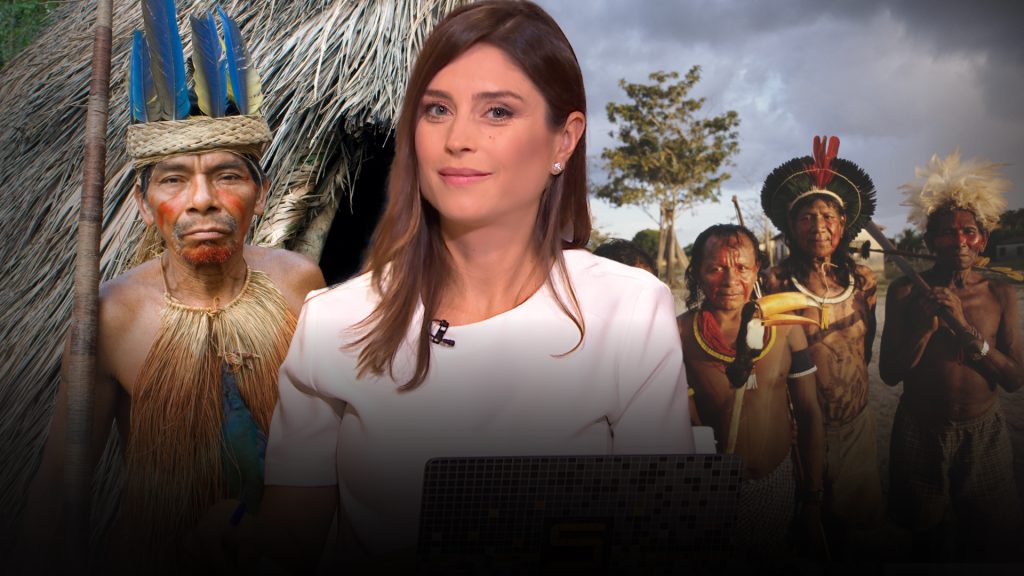Indigenous communities around the world are using social media as a platform to reclaim their identity, culture, and traditions in the face of increasing pressure to assimilate into urban culture. In Brazil, where once there were over 1,000 Indigenous tribes with an estimated population of 13 million people, today only around 300 communities remain. Many Indigenous people in Brazil feel discriminated against and are struggling to maintain their cultural identity. Influencers are using social media to make diverse Indigenous identities visible online and challenge stereotypes, sparking a digital revolution.
The power of social media in connecting Indigenous voices and communities cannot be underestimated. Through platforms like Instagram, Facebook, and Twitter, Indigenous influencers are able to reach a global audience and share their stories, traditions, and struggles. By showcasing their culture and heritage, they are challenging misconceptions and stereotypes, fostering a sense of community among Indigenous people worldwide. This virtual network has become a powerful tool for preserving Indigenous languages, customs, and knowledge for future generations.
One such influencer making an impact is Tony Duncan, an Apache-Arikara and Hidatsa musician who uses social media to share his music and raise awareness about Indigenous issues. His online presence has helped amplify the voices of Indigenous artists and activists, creating a platform for marginalized communities to come together and support each other. By using his platform to educate and inspire, Duncan is contributing to a broader movement of Indigenous empowerment through social media.
Another influential figure in the Indigenous social media landscape is Ida Helene Benonisen, a Sami activist and poet who uses her online platform to advocate for Indigenous rights and environmental conservation. Through her poetry and activism, Benonisen is shedding light on the struggles faced by the Sami people in Norway and beyond, raising awareness about Indigenous land rights and the impact of climate change on Indigenous communities. Her work has inspired others to join the fight for Indigenous rights and environmental justice.
Kanaya Kolong, founder of Maasaiboys, is another Indigenous influencer using social media to challenge stereotypes and promote Indigenous empowerment. Through his online platform, Kolong showcases the creativity and talent of Maasai boys in Kenya, highlighting their traditional crafts and cultural practices. By sharing these stories with a global audience, he is challenging harmful stereotypes and celebrating the resilience and beauty of Indigenous cultures. Kolong’s work is a testament to the power of social media in amplifying Indigenous voices and promoting cultural diversity.
In conclusion, Indigenous voices are using social media as a powerful tool to reclaim their identity, challenge stereotypes, and build community in the face of discrimination and cultural erasure. Influencers like Tony Duncan, Ida Helene Benonisen, and Kanaya Kolong are using their platforms to amplify Indigenous voices, educate the public about Indigenous issues, and advocate for Indigenous rights. Through their work, they are contributing to a digital revolution that is reshaping the way Indigenous cultures are represented and celebrated online. By coming together on social media, Indigenous communities are forging connections, sharing stories, and creating a virtual space where their voices can be heard and their cultures can thrive.















